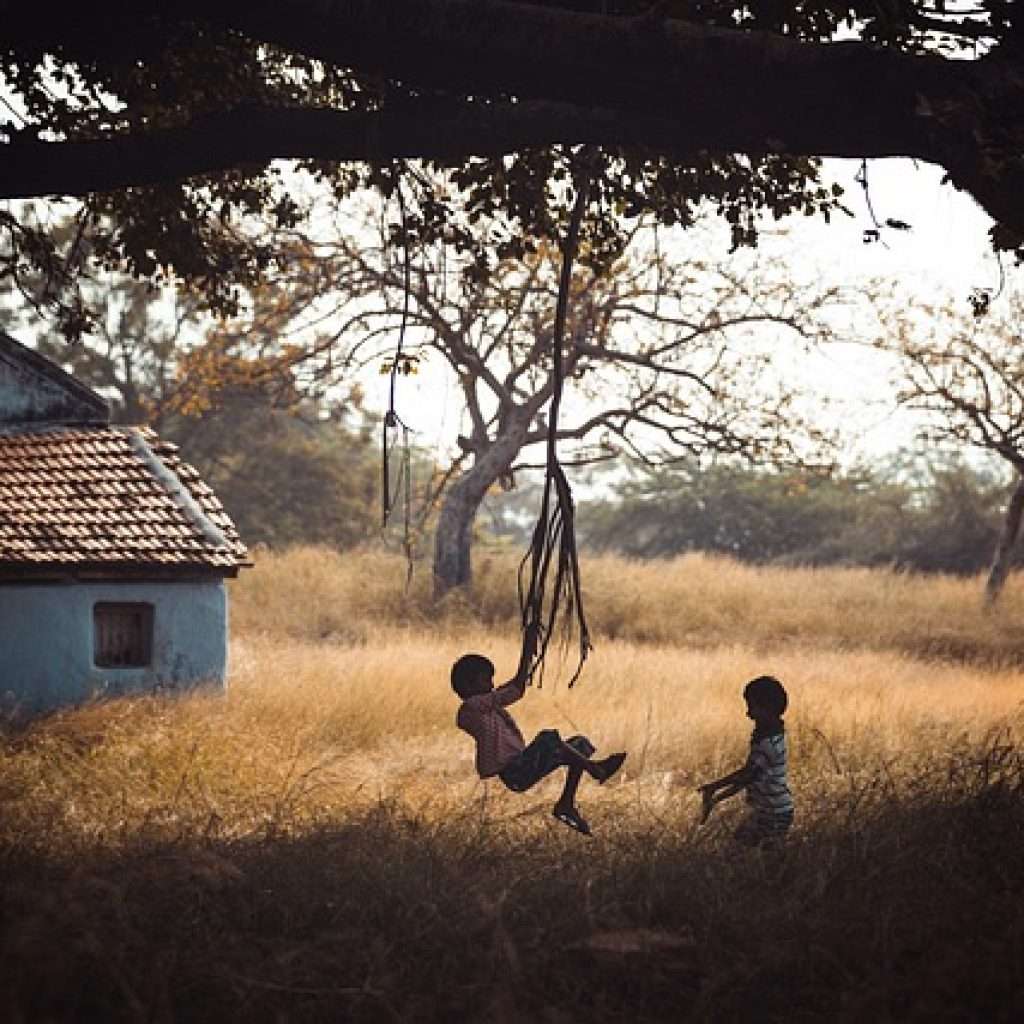
Our childhood experiences leave lasting imprints on our lives. Whether positive or negative, these early habits and events can significantly affect our well-being as adults. Let’s delve into the science behind how childhood shapes our journey into adulthood.
Adverse Childhood Experiences (ACEs) and Family Health
Research indicates that adverse childhood experiences (ACEs)—such as trauma, abuse, or abandonment—can impact individual physical and mental health in adulthood. However, little is known about how ACEs affect family health. Families function through patterns and routines, often passed down through generations. Thus, a person’s early experiences may influence their family’s health later in life.
Positive Childhood Experiences (PCEs)
On the flip side, positive childhood experiences (PCEs) play a crucial role. Even in the presence of adversity, positive experiences can provide a foundation for better family health in adulthood. PCEs include emotional support, healthy lifestyle habits, and external social support.
Key Domains of Family Health
Let’s explore the key domains of family health:
Family Social and Emotional Health Processes
- Effective communication, problem-solving, and emotional support within the family contribute to overall well-being.
- PCEs foster positive family dynamics, leading to healthier interactions.
Family Healthy Lifestyle
- Childhood habits related to nutrition, physical activity, and sleep patterns influence adult health.
- Establishing healthy lifestyle practices early on can lead to lifelong well-being.
Family Health Resources
- Access to medical care, financial stability, and coping skills are essential.
- PCEs enhance family resources, promoting better health outcomes.
Family External Social Support
- Networks of friends, extended family, and community connections matter.
- Positive childhood experiences contribute to robust external support systems.
Healing and Transformation
- Acknowledge: Recognize and accept childhood experiences that shaped you.
- Listen: Pay attention to feelings associated with your inner child.
- Start a conversation: Write a letter to your inner child, asking how they feel and how you can support them.
- Meditate: Connect with your inner child through visualization and reflection.
”Childhood habits” matter—they shape our family health, emotional resilience, and overall life satisfaction. By understanding and addressing both ACEs and PCEs, we can create a healthier, more fulfilling adulthood.
Remember, the child within us continues to influence the adult we become. Let’s nurture our inner child and build a foundation for lifelong well-being.
Metoradd Net-Wise Life
